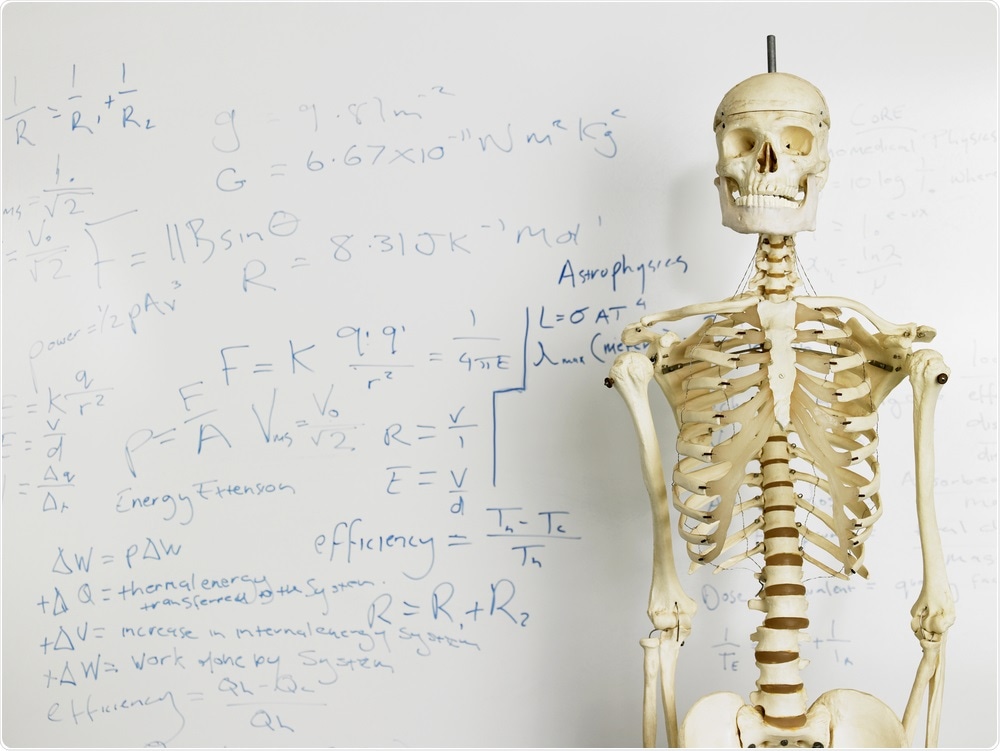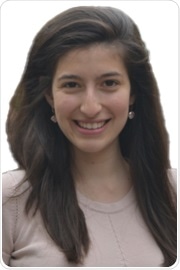I am originally from Baltimore and went to college at John Hopkins University. Med school was always the plan in my head. When I was in college, I did a lot of exploring and changed my mind about a million times about what I wanted to do.
The US system has a lot of flexibility built in so that you can explore different subjects. In my third year at college, I started a minor in social policy. My focus was on working through different social issues and how they affected health.
This was something I was interested in, so I decided to apply to a master's degree in London and completed a year at the London School of Economics doing international health policy as a masters. From this, I began working as a healthcare consultant and now I am in medical school.

Image Credit: Sirtravelalot/Shutterstock.com
What made you want to apply to medical school?
Applying to medical school was my plan when first going into college, but there were a lot of different issues affecting healthcare access that I did not feel I had a satisfactory handle on. The social policy degree was something I decided to apply to as I wanted to learn about various social issues affecting health. In my undergraduate, it was mainly focused on housing and food security however, when I attended LSE, it was more financially focused.
I learned about how different health systems design health care, making it accessible to people. It was a really different perspective and interesting. I found a new passion there and I am grateful for falling into that.
However, med school was always my end goal. I still felt like I wanted to serve patients, even knowing all these various dimensions. l wanted to serve patients on a more personal level.
What made you decide to write your book?
Here in the US, within my academic institution, we had exams every three weeks and midterms once a month. It was super stressful, super high pace all the time. LSE however, had a different system where we only did exams in May.
Even though I only had exams in May, I still felt challenged and engaged in all my classes, but there was not as much stress and pressure. It made me realize how anxious I was throughout my undergrad, worrying about whether my grades were good enough.
When looking at the pressure I was under about getting into med school, I realized how expensive the process is too. It is also incredibly resource-intensive and stressful in day to day life. Therefore, I wanted to create a resource that is affordable, accessible for everyone without having to spend the money they would need for a pre-medical counsellor.
Why do you think it is important, especially in America, to talk about the medical school admissions process?
I read an article that said around 70% of medical students are from the top 30% of the income bracket in the US. When you are unsure of what the process entails, it can be quite shocking. When you are in the application, it is not just the time that you are applying, it is a four-year long ordeal or even longer if you are applying later in your career.
It is also expensive because taking the MCAT is $350 just to sit. It is a lot of expenses that add up. I have seen students spend $4,000-$5,000 just on the application process. Medical school itself is expensive also, however you can get loans.
There are no resources available for the application process and I think it is important to talk about being financially prepared as well as academically prepared at the time you are seeking to apply.

Image Credit: Chinnapong/Shutterstock.com
What did you personally find the hardest part about applying to medical school?
I was fortunate that I had a lot of support from my parents. The issue for me was getting to a point where I felt like my application was good enough to apply.
There is a lot of chatter about what is good enough? How does your chances of getting in change if you're applying a second time? There's a lot of pressure on students to really get it right the first time.
I delayed my application by a year because I felt at the time that I wasn't ready. Looking back, I do not think that would have made a difference. However, there is a lot of pressure around the process itself.
What is your advice for anyone that wishes to apply to med-school?
I think there are certain things, and I have discussed these in the book as well. There are certain things that you do need to have in order to be a reasonably competitive applicant. You want your grades to be in a certain spot, you want your MCAT score to be strong as well as having enough experience to show that you are passionate about attending medical school.
I think that as soon as you have hit those milestones, everything else works out. At that point, you are probably ready to apply. You cross your fingers and hope for the best, knowing that it is a competitive process.
Then on the other hand, even if it doesn't work out the first time, it will work out the second time. I teach MCAT for a lot of students and I have seen a lot of students get in on the second and the third round of applying. If you want to do it, you can do it and you will get there, which I think is nice. The worst-case scenario is not that bad.
What does the future hold for you Elisabeth? Once you have finished med school, is there an area you would like to specialize in? Would you want to write anymore books?
I would love to write another book. I think I would write one about what to do once you get into medical school. It has been a special transition for me.
I'm not sure yet what area I would like to specialize in as we do not have to decide until our fourth year. However, I do really enjoy emergency medicine currently, but I still have a long way to go.
About Elisabeth Fassas.
 Elisabeth Fassas is the author of Making Pre-Med Count: Everything I Wish I’d Known Before (Successfully) Applying to Medical School. She is a recent graduate of Johns Hopkins University (B.S. Molecular and Cellular Biology) and the London School of Economics (MSc. in International Health Policy) and is a current medical student at the University of Maryland School of Medicine.
Elisabeth Fassas is the author of Making Pre-Med Count: Everything I Wish I’d Known Before (Successfully) Applying to Medical School. She is a recent graduate of Johns Hopkins University (B.S. Molecular and Cellular Biology) and the London School of Economics (MSc. in International Health Policy) and is a current medical student at the University of Maryland School of Medicine.
She is also an SAT and MCAT tutor, an avid dancer, and she makes a mean Nutella cheesecake.